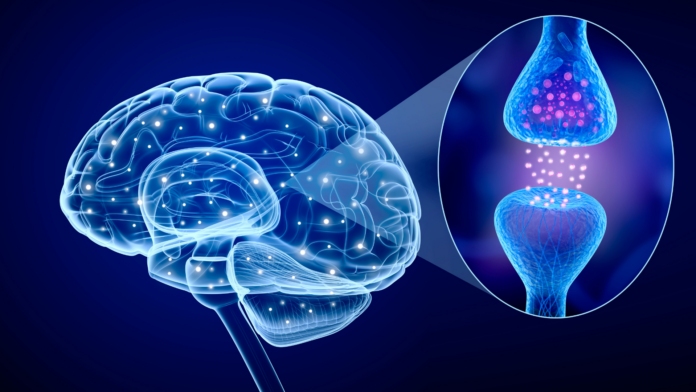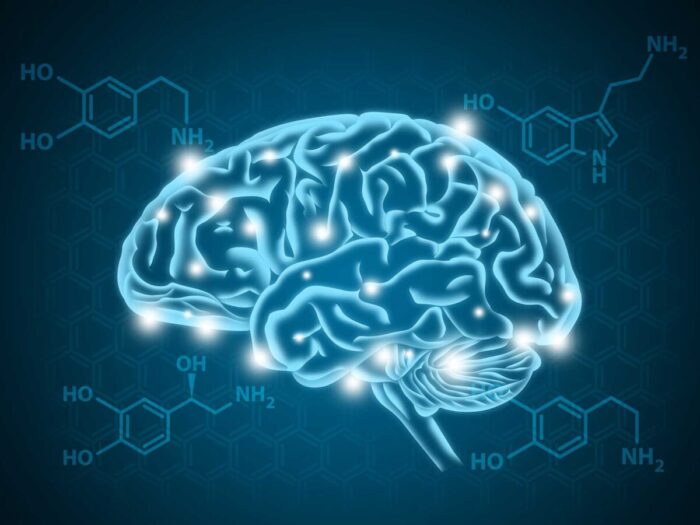
In today’s digital age, gaming has become an increasingly popular form of entertainment and leisure activity. While many people enjoy gaming in moderation, a growing concern has emerged surrounding the impact of excessive activity on individuals’ lives.
Gaming addiction, also known as internet gaming disorder, is a psychological condition characterized by compulsive and excessive playing of games, leading to significant impairment in various aspects of a person’s life.
In this blog post, we will delve into the fascinating role of dopamine in this addiction, exploring how this neurotransmitter influences our brains and behaviors.
We’ll discuss the connection between gaming and dopamine, the concept of dopamine tolerance, the role of social interaction, the influence of loot boxes, the implications of dopamine dysregulation, and the co-occurrence of gaming addiction with other forms of addiction.
Finally, we’ll explore strategies for recognizing and coping with the issue. Let’s get started!
What is Dopamine?

Before we dive into the relationship between gaming addiction and dopamine, let’s first understand what dopamine is and its function in the brain. Dopamine is a neurotransmitter, a chemical messenger that plays a crucial role in transmitting signals between nerve cells, or neurons, in the brain.
It is often referred to as the “feel-good” neurotransmitter because of its association with pleasure and reward.
The brain’s reward system, also known as the mesolimbic pathway, is heavily influenced by dopamine. When we engage in activities that are enjoyable or satisfying, such as eating delicious food, receiving compliments, or achieving a goal, the brain releases dopamine, creating a sense of pleasure and reinforcing the behavior.
This mechanism is essential for survival, as it encourages us to repeat actions that are beneficial for our well-being.
The Connection Between Gaming and Dopamine
Gaming, particularly video games that are immersive and stimulating, has been shown to trigger dopamine release in the brain. The interactive and rewarding nature of games activates the brain’s reward system, leading to an increase in dopamine levels.
In-game achievements, leveling up, and earning virtual rewards all contribute to this dopamine-driven screen-time experience.
As players progress through a game, let’s say slot online, and receive rewards, their brains associate these accomplishments with pleasure and satisfaction, reinforcing the desire to continue playing.
This positive feedback loop can make gaming highly addictive, especially for individuals who may be more susceptible to the effects of dopamine.
Escapism and Dopamine

One of the reasons gaming addiction becomes a significant concern is the escapism it offers. It provides an immersive and alternate reality where players can temporarily escape from real-world stressors and challenges.
This escape from reality can trigger a substantial release of dopamine, creating a pleasurable experience that players may seek repeatedly.
While some escapism is normal and can be beneficial as a form of relaxation, excessive reliance on gaming to cope with real-life problems can lead to negative consequences.
Players may neglect responsibilities, social relationships, and other essential aspects of their lives, ultimately exacerbating the addictive nature of this activity.
Gaming and Dopamine Tolerance
As with many addictive substances and behaviors, repeated exposure to dopamine-inducing activities like gaming can lead to tolerance. Dopamine tolerance occurs when the brain becomes desensitized to the neurotransmitter, requiring larger amounts of it to produce the same level of pleasure and reward.
This desensitization can result in reduced sensitivity to naturally occurring dopamine, making it harder for individuals to experience pleasure from everyday activities.
In the context of this addiction, individuals may find themselves spending more time gaming or seeking more intense in-game experiences to achieve the same level of satisfaction. This escalation can contribute to the cycle of addiction, making it increasingly challenging to break free from the grasp of gaming.
The Role of Social Interaction
Online multiplayer games have revolutionized the gaming experience by providing a platform for social interaction. These games enable players to connect with friends and strangers alike, fostering a sense of community and camaraderie.
Social interaction in gaming can enhance the dopamine-driven experience, as playing with others can be even more rewarding and enjoyable than playing alone.
The cooperative or competitive nature of multiplayer games can create a sense of achievement and belonging, further reinforcing the release of dopamine. However, the social element can also contribute to excessive gaming if players feel pressured to stay connected or fear missing out on in-game events.
Loot Boxes and Dopamine
In recent years, the gaming industry has seen the rise of loot boxes and similar mechanics, which offer virtual items or rewards with an element of chance. These mechanics have been criticized for their similarity to gambling, as players spend real money in hopes of obtaining valuable in-game items.
Loot boxes tap into the brain’s reward system, triggering dopamine release with each unboxing. The uncertainty of the outcome creates a sense of anticipation and excitement, which can be highly enticing.
However, this type of reward system can be particularly dangerous for susceptible individuals, potentially leading to excessive spending and reinforcing addictive gaming behaviors.
Gaming Addiction and Dopamine Dysregulation

Prolonged and excessive gaming can lead to dysregulation of dopamine in the brain. Dopamine dysregulation refers to an imbalance in dopamine levels, which can impact mood, motivation, and overall mental health.
In the context of gaming addiction, this dysregulation can contribute to feelings of withdrawal, irritability, and depression when individuals are unable to engage in gaming.
Moreover, dopamine dysregulation can have long-term effects on mental health, potentially increasing the risk of developing mood disorders, such as depression and anxiety.
Understanding these potential consequences is crucial in recognizing the seriousness of gaming addiction and the need for appropriate intervention.
Co-Occurrence with Other Addictions
Gaming addiction is often not an isolated issue and can co-occur with other forms of addiction, including substance abuse and other behavioral addictions. This co-occurrence suggests common underlying factors related to dopamine pathways and the brain’s reward system.
Individuals who are predisposed to addictive behaviors may be more vulnerable to gaming addiction, as their brains may be more receptive to the pleasurable effects of dopamine. Additionally, those already struggling with other addictions may turn to gaming as a form of escape or self-medication, exacerbating the problem.








